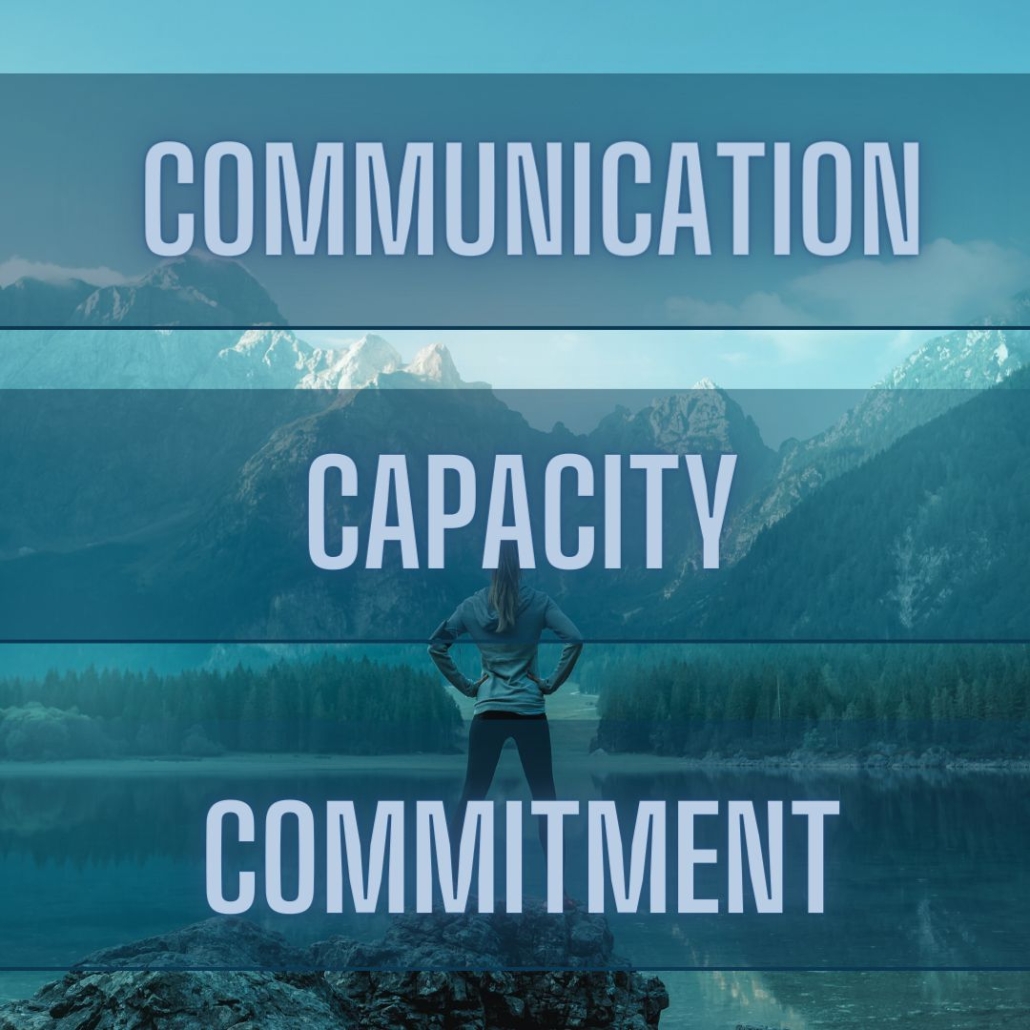RAISING ACCOUNTABLE KIDS: It’s About Principles, Not Perfection
- There’s no more important leadership responsibility than within the walls of our home. The greatest success lies in building strong character in our young people that will enable them to be contributing citizens of the world.
- We’ve never been more aware of the needs of our children because we have access to extensive information on child development, the impacts of trauma on brain functioning, mental health, the importance of attachment, emotional regulation, and self-esteem and well-being.
- We are now extremely anxious about how we’re doing as a parent and how our kids are going to turn out. And all the anxiety is spilling over onto our children. Paradoxically, the more we worry about our kids, the more anxious they become. Anxious parents raise anxious kids. They have enough of their own anxiety without us contributing to it.
- Don’t make life too easy for your kids. On the wall of my daughter’s high school English class was a quote by Van Jones, the political commentator: I don’t want you to be safe, ideologically. I don’t want you to be safe, emotionally. I want you to be strong. That’s different. I’m not going to pave the jungle for you. Put on some boots and learn how to deal with adversity. I’m not going to take all the weights out of the gym; that’s the whole point of the gym. This is the gym. In other words, making the space within the walls of our homes and our schools safe doesn’t mean rescuing our children from the challenges of life. Just as the struggle to break through the cocoon builds the strength of the butterfly’s wings, if we want our children to fly one day, they must struggle and develop strong wings. Don’t raise your children to be happy. Raise your children to be strong. Strength comes when our kids know they are not alone. We are right beside them, in their corner. Loving without rescuing. Being there without doing for them what they can do for themselves. With strength, happiness will follow.
- Don’t be afraid to parent. Saying no is not abuse. Our children do not need us to be their friend. Their friends are their peer group. What our children need is a parent. There’s a big difference between pleasing your kids and loving your kids. Pleasing is about giving them what they want so they will be happy and like you. Pleasing comes from insecurity. Loving them is giving them what they need – and what they need may very well be different than what they think they need or what their friends have. Children are not born with accountability – the ability to be counted on; they have to learn it. And they learn it, in part, when they can count on the caregivers in their life. If you are a parent, your kids are counting on you to be one. Let’s work at being secure enough with ourselves that we don’t depend on our kids for our self-worth. It’s not their job.
- Set clear boundaries around digital media. Digital media was originally developed for two reasons: information and communication. When it exceeds its function and is used, like any product or substance, to meet our emotional needs or to escape from our life it becomes addictive. Monitoring our own use and consciously and carefully supervising the use of devices with our kids is now an integral part of parenting. You can’t leave it to chance.
- Relax. You don’t have to get it perfectly. I remember a time when our youngest daughter wanted to change her curfew to go to a friend’s party. The easy road would have been a quick “yes” or a quick “no.” Instead, we spent the better part of a week negotiating with her and struggling to do the right thing. I don’t know, to this day, if we did the right thing. What I do know is that my daughter knows she was loved. She knows she was loved because she knows that we invested in the relationship. As parents and caregivers of children, we never really know what “right” is. There’s no formula. The goal is not necessarily to be a better parent. The goal is to find joy on the journey. And finding the joy will make us a better parent.



